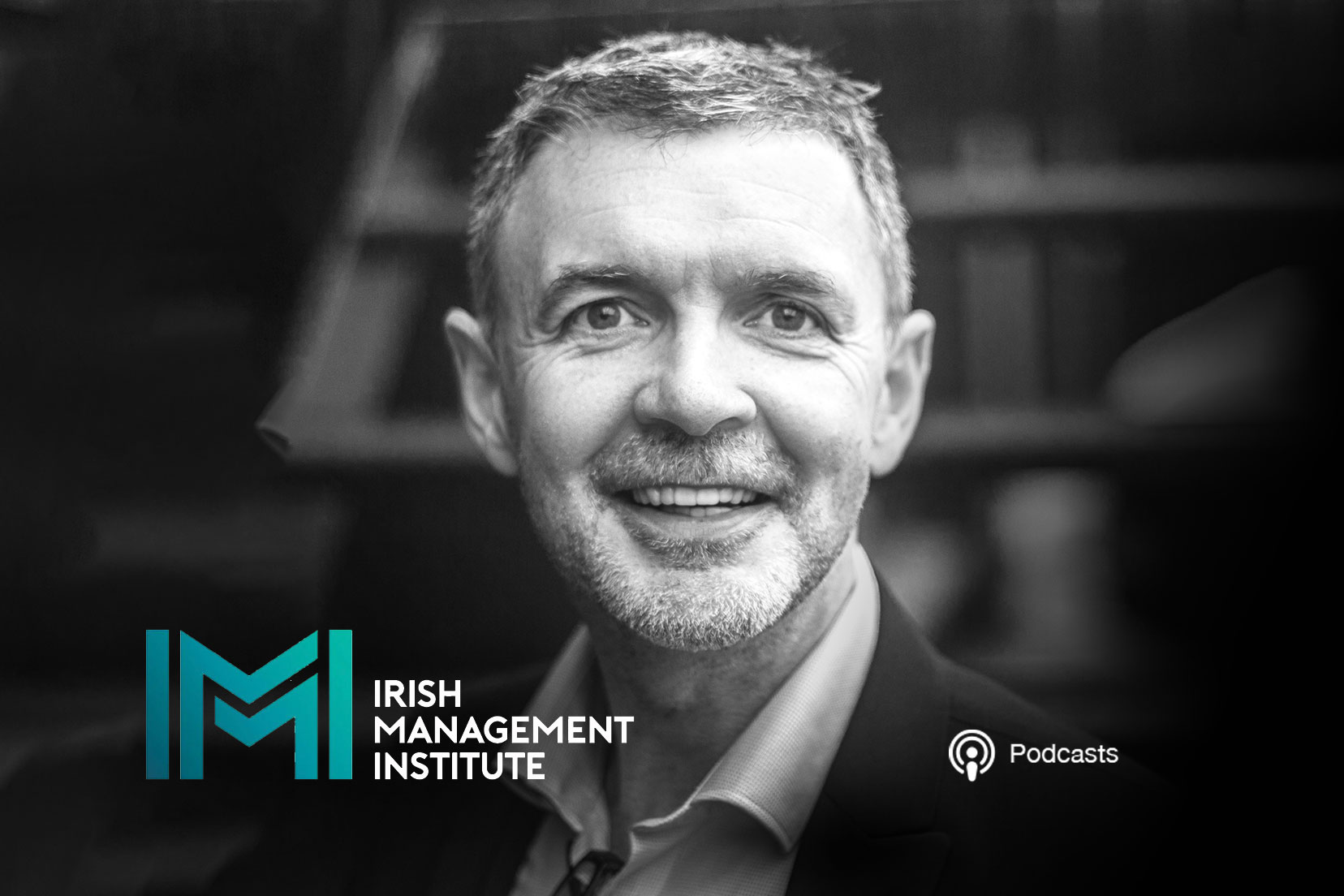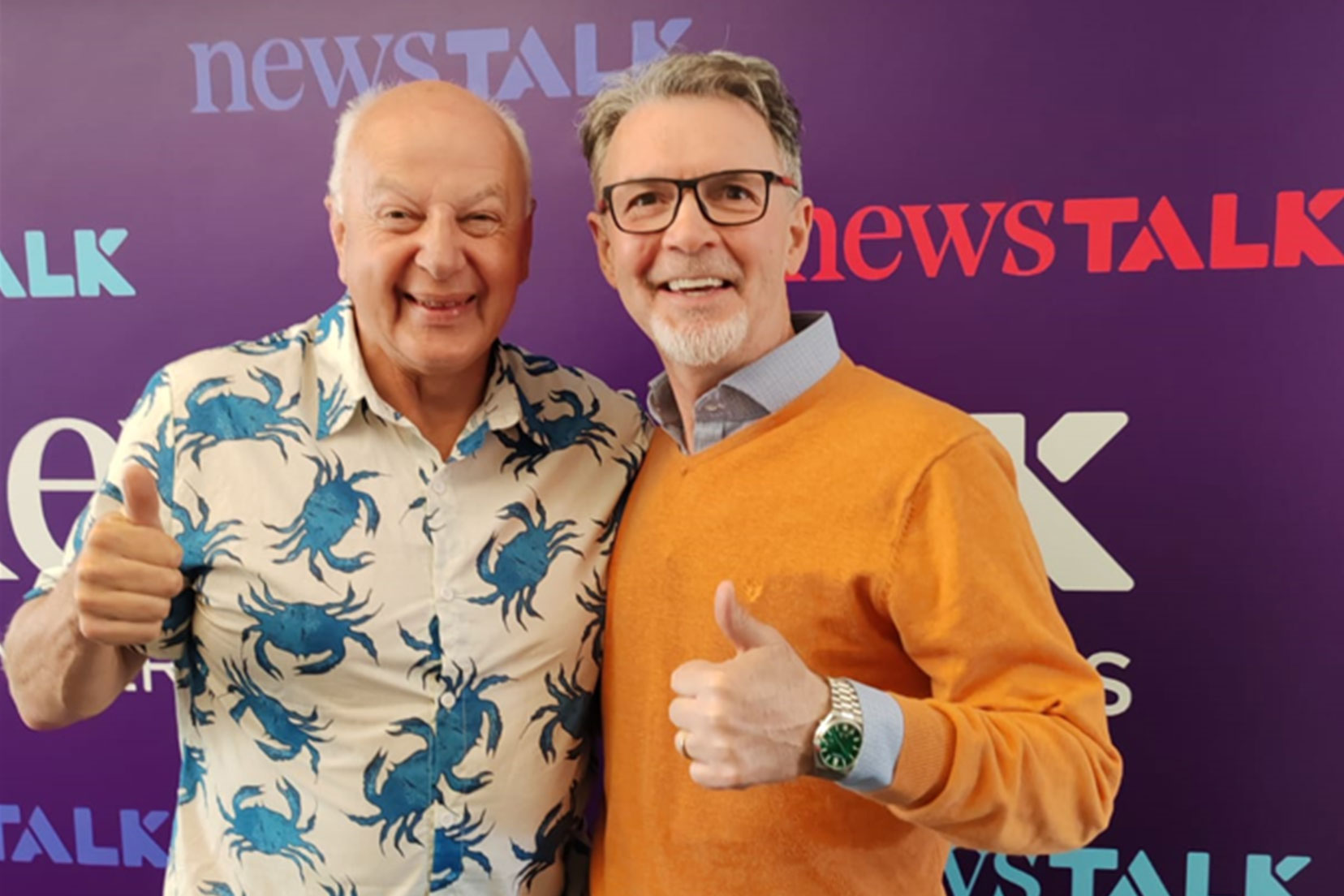Introverts Make Great Speakers
Are introverts too quick to stand back and avoid being at the centre of attention, as a speaker or a leader? I often see introverts being misunderstood, and I want to explore the validity of that question. I am curious to know if this is true, and of course if this quality holds any value.
A research paper from Queensland University (Spark, A., Stansmore, T., O’Connor, P. (2018) concludes that one of the reasons introverts do not emerge as leaders is because they overestimate their negative emotions surrounding group participation. However, research also shows that introverts experience as many positive feelings about social interactions and group participation as extroverts. So then, the experience itself is as rewarding for the introvert as the extravert.
So what is the difference between an “extraverted” and an “introverted” speaker?
However, it may be the thought of doing it brings only negative emotions and therefore the introvert will avoid the social interaction or the leadership opportunity. I also see this in Public speaking. The introvert seems to hold back often driven by the belief that great speakers are extroverts. This is not necessarily true and indeed I believe introverts make the best speakers as they have an unfair advantage. That unfair advantage being one of human observation, an acute understanding how others see the world, and unfortunately that goes hand in hand with a heightened awareness, be it true or not, of how others may see them. Little do these introverts know that some of the best speakers today are introverts, people like Guy Kawasaki or Barak Obama.
A few years ago, I was chairing the Global E-Commerce Summit in Barcelona and one of the organisers come up to me and suggested I go to one of the breakout sessions as the presenter was a great speaker. “You will love him”, she assured me. When I got there the speaker was just starting his talk to a packed room.
He proceeded to deliver a talk that I would say he had done a thousand times before, it rolled off his tongue so easily. He knew his stuff and he delivered it with great assurance. This was a confident speaker who thrives in a public environment. He had all the signs of an extravert. However, he was not a great speaker, but I can see why some people might think he was. While he was very much in his comfort zone and knew his subject well, he had not taken into consideration the experience he was giving his audience. The relationship he established with the audience was one of an expert giving a lecture to a group who were looking to be educated. He did not work to engage the audience; it was about him showing what an expert he was. I switched off quickly and noticed many in the room were switching off also. People often mistake a confident speaker for a good speaker, but this is not always the case.

Later that day I was facilitating a session with e-commerce start-ups and there was one woman who pitched her business for 5 minutes. She took to the stage in a sheepish manner, looking down initially and there was a nervous quiver in her voice. As she started to speak it was apparent that she was quiet spoken with a gentle presence who looked out of her depth in a pitch session. She came across as an introvert, but she also had a passion for her business. The audience was riveted by this conflicted character. She was vulnerable but had a drive and purpose about her business that was pushing her on. She lost her train of thought a couple of times, everybody was willing her on. She clearly had a real emotive connection to her business and what it was about. I noticed the audience was responding to this, I could see there was active listening happening, there was a high level of engagement with audience members nodding their heads and maintaining high levels of eye contact and facial expression. This lady would not have many of the good speaking skills that many associate with great speakers but she enthralled the audience.
I’d love to share this great news with all introverts who doubt their unique skill set. In her TED Talk, The Power of Introverts, Susan Cain highlights three positive behaviours introverts have as speakers –
- They prepare better as it is a bigger challenge for them
- They are more connected to their message and
- They focus on the audience and not themselves.
For me there is another key reason introverts make great speakers –
They are more dramatically interesting to an audience.
When an audience sees someone outside their comfort zone they are fascinated by how they cope, they also recognise the vulnerability and appreciate what the speaker is going through. This leads to audience empathy and they will connect with the speaker in a positive and emotive way. They become supporters of the speaker, willing them to do well. They will actively listen and will be more open to the speaker’s message. The introverted speaker has an advantage in getting an audience to connect with them and their message.
Great speaking happens when someone speaks with an authentic voice and tells a great story. If you are an introvert and wish to speak then realise that you are not at a disadvantage but have a great advantage when speaking. Extraverts often must work harder to have a real connection with an audience and often rely on their performance alone to carry the talk.
If you want to find your authentic voice and learn how to use your story to build great talks that inspire, contact us about our coaching and training programmes. www.thecorestory.com
Ref. Spark, A., Stansmore, T., O’Connor, P. (2018). The failure of introverts to emerge as leaders: The role of forecasted affect. Personality and Individual Differences, 121 84-88. doi:10.1016/j.paid.2017.09.026.



